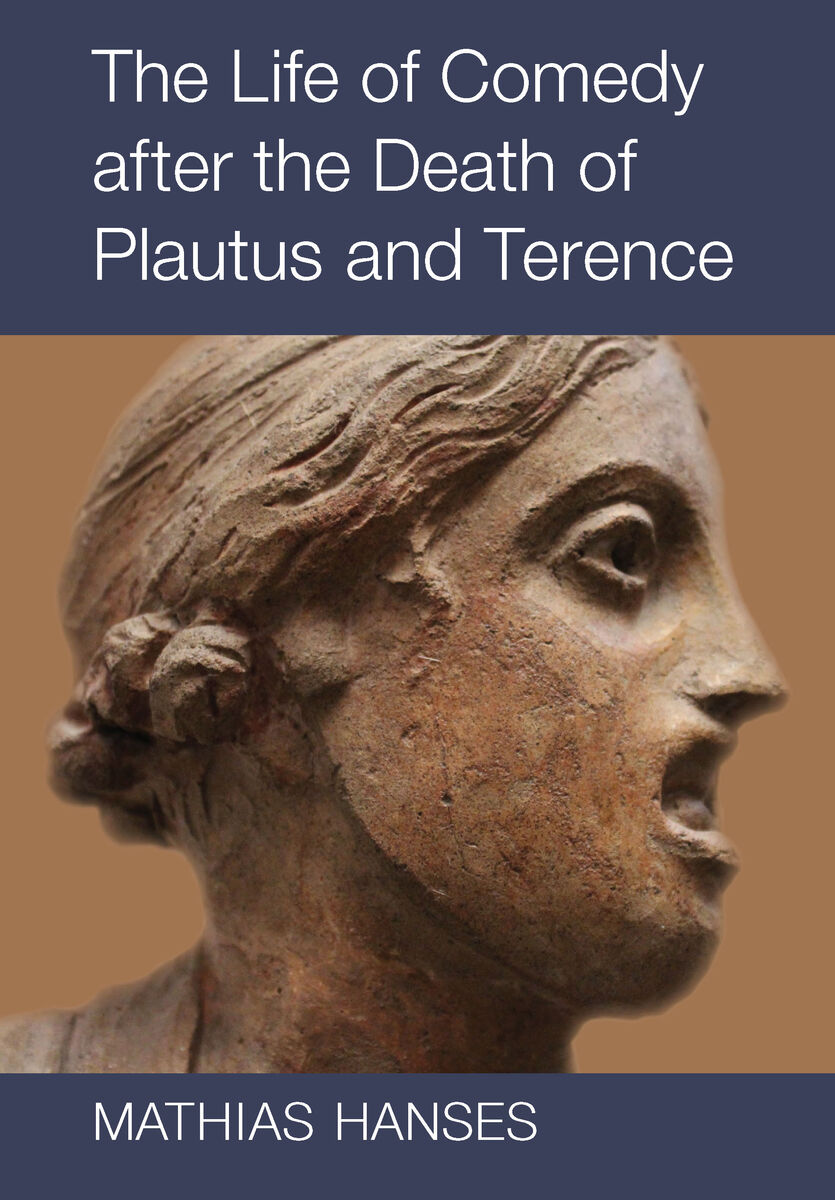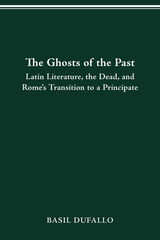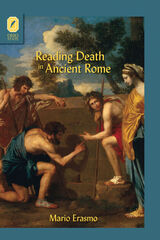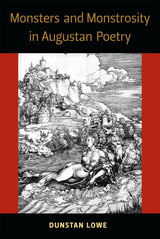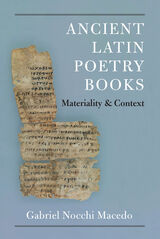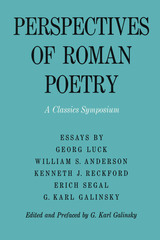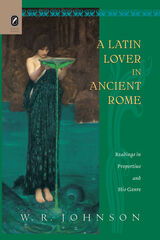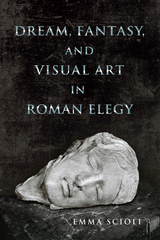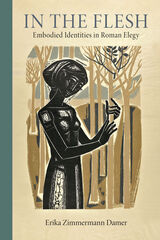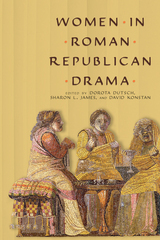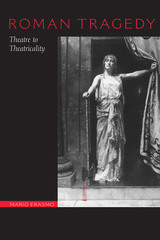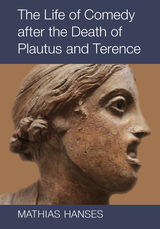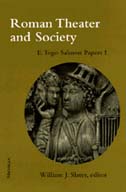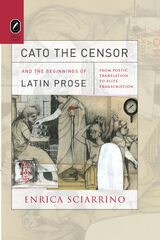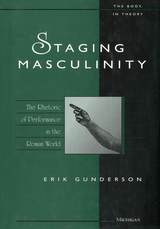The Life of Comedy after the Death of Plautus and Terence
University of Michigan Press, 2020
Cloth: 978-0-472-13225-6 | eISBN: 978-0-472-12810-5
Library of Congress Classification PA6069
Dewey Decimal Classification 872.0109
Cloth: 978-0-472-13225-6 | eISBN: 978-0-472-12810-5
Library of Congress Classification PA6069
Dewey Decimal Classification 872.0109
ABOUT THIS BOOK | AUTHOR BIOGRAPHY | REVIEWS | TOC | REQUEST ACCESSIBLE FILE
ABOUT THIS BOOK
The Life of Comedy after the Death of Plautus and Terence documents the ongoing popularity of Roman comedies, and shows that they continued to be performed in the late Republic and early Imperial periods of Rome. Playwrights Plautus and Terence impressed audiences with stock characters as the young-man-in-love, the trickster slave, the greedy pimp, the prostitute, and many others. A wide range of spectators visited Roman theaters, including even the most privileged members of Roman society: orators like Cicero, satirists like Horace and Juvenal, and love poets like Catullus and Ovid. They all put comedy’s varied characters to new and creative uses in their own works, as they tried to make sense of their own lives and those of the people around them by suggesting comparisons to the standard personality types of Roman comedy.
Scholars have commonly believed that the plays fell out of favor with theatrical audiences by the end of the first century BCE, but The Life of Comedy demonstrates that performances of these comedies continued at least until the turn of the second century CE. Mathias Hanses traces the plays’ reception in Latin literature from the late first century BCE to the early second century CE, and shines a bright light on the relationships between comic texts and the works of contemporary and later Latin writers.
Scholars have commonly believed that the plays fell out of favor with theatrical audiences by the end of the first century BCE, but The Life of Comedy demonstrates that performances of these comedies continued at least until the turn of the second century CE. Mathias Hanses traces the plays’ reception in Latin literature from the late first century BCE to the early second century CE, and shines a bright light on the relationships between comic texts and the works of contemporary and later Latin writers.
See other books on: Latin drama (Comedy) | Latin literature | Rome | Terence | To 500
See other titles from University of Michigan Press
